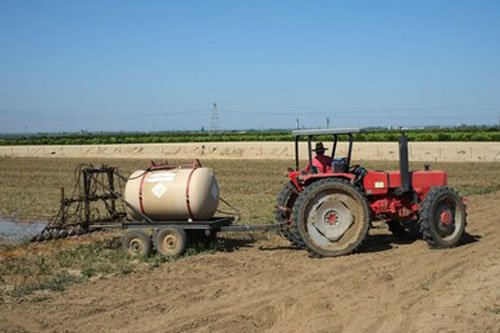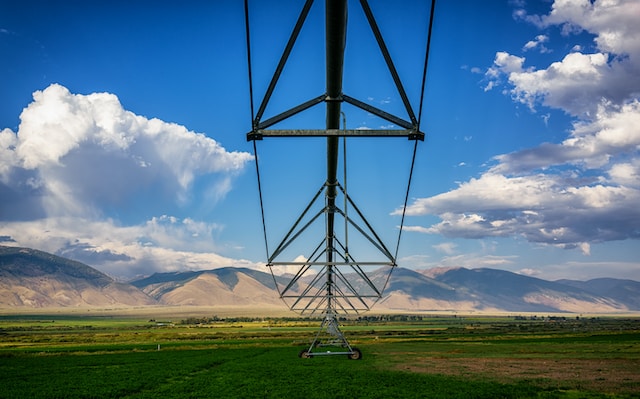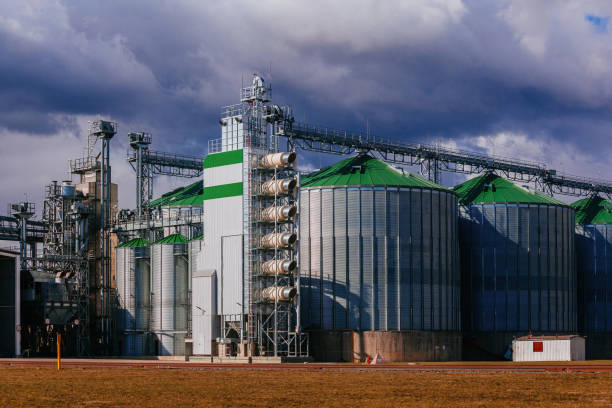New Initiatives Drive Propane Use in Agriculture
As energy costs rise and the need for reliable, flexible fuel solutions grows, propane is increasingly recognized as a critical energy source for agriculture and rural applications. New programs and initiatives are emerging to support propane adoption, offering incentives, training, and resources that help farmers, ranchers, and rural communities access clean, efficient, and cost-effective energy… Continue reading New Initiatives Drive Propane Use in Agriculture






